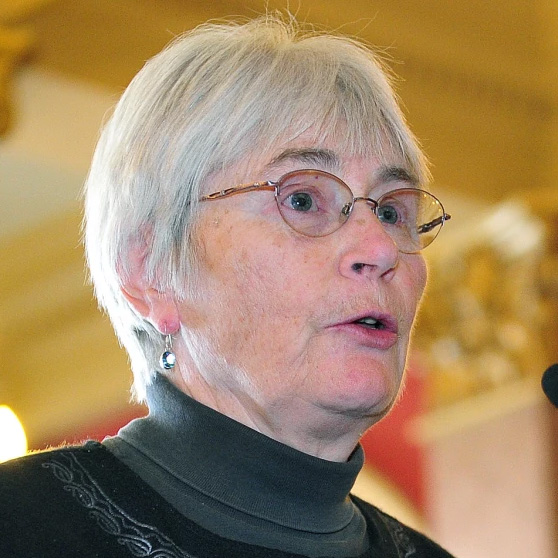Judy Smith
“I see ourselves as the mentors or witnesses, I think it’s really wonderful we can talk about what it’s like. And remind women, I mean I see our role really is reminding women, what it was like, if Roe v Wade gets overturned. But I really do think that this is an entire generation of women who don’t understand this, who have never had to drive them into Mexico, who have never had to do any of that.“
Like many of her contemporaries, Judy Smith followed the “classic” trajectory from the student protest, civil rights, and anti-Vietnam War movements of the 1960s into the women’s movement of the 1970s. While pursuing a Ph.D. at the University of Texas, Smith joined a reproductive rights group. Because abortion was banned in the United States, she sometimes ferried desperate women over the border to Mexico to procure abortions. Knowing her actions were illegal, Smith consulted a local lawyer, Sarah Weddington. These informal conversations sparked the idea of challenging Texas’s anti-abortion statutes, culminating in the landmark Supreme Court case Roe v. Wade. From this success, Smith learned that “any action that you take . . . can build into something.”
